It is expected that this year, 3 tax laws will be amended and supplemented, all of which will have a major impact on the business community. These are the Law on Corporate Income Tax, the Law on Value Added Tax, and the Law on Special Consumption Tax.
In particular, the draft Law on Special Consumption Tax (amended) is expected to be submitted to the National Assembly for comments at the upcoming October Session and approved at the May 2025 Session. One of the important contents of the draft Law is to increase the special consumption tax rate on alcohol and beer products continuously from 2026 and by 2030, the tax rate will be up to 100%.
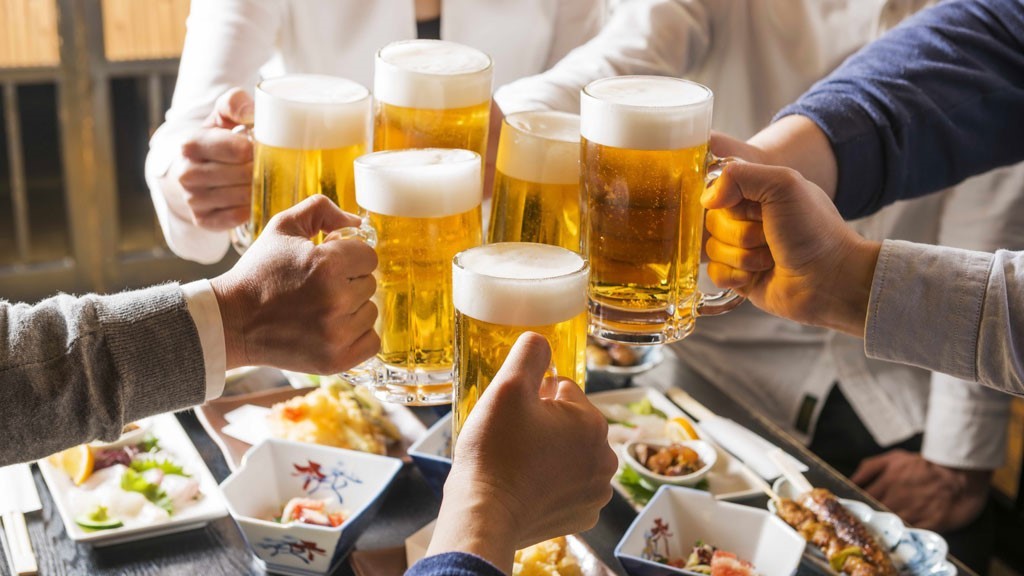
The increase in special consumption tax can indirectly impact 24 industries in the economy . (Photo: ST)
Specifically, the Draft Law on Special Consumption Tax (amended) proposes two tax options for alcohol. The drafting agency, the Ministry of Finance, is leaning towards option 2. That is: alcohol with an alcohol content of 20 degrees or more will be taxed at 80% in 2026, gradually increasing to 100% in 2030; alcohol with an alcohol content of less than 20 degrees will be taxed at 50%, then increasing to a maximum of 70%; beer of all kinds will also increase gradually, from 80% to 100%.
24 industries will be affected
According to Dr. Nguyen Minh Thao, Head of the Business Environment and Competitiveness Department, Central Institute for Economic Management (CIEM), the goal of special consumption tax is to regulate consumer behavior, on that basis, regulate production and consumer behavior not only for luxury goods but also goods aimed at protecting health and the environment. The ultimate goal is to collect budget revenue.
Considering that goal, increasing the special consumption tax on alcohol and beer is necessary to regulate consumer behavior towards products that are not beneficial to health. However, "any policy when issued needs to be comprehensively evaluated from many aspects", but with this draft of the Law on Special Consumption Tax (amended), the impact assessment is still quite sketchy, not showing the real impact of the proposed regulations, Ms. Thao acknowledged.
As evidence for the above statement, Ms. Thao cited the results of a preliminary survey showing that this tax increase could indirectly impact 24 industries in the economy. However, the Drafting Agency has yet to assess the impact of the tax increase on other economic sectors, including accommodation and food services. Therefore, it is necessary to have a comprehensive assessment of the impact of this tax increase not only on the alcohol industry, but also on other industries in the economy.
On the other hand, according to Ms. Thao, when investors choose to invest in a certain field, they will have to have a long-term vision, up to several decades. Therefore, if policies change, it will not only directly affect businesses in that industry, but also make investors in other industries look at it and worry about policy risks. This will affect the economy's investment attraction. Therefore, assessing the overall impact to come up with reasonable policies also aims to strengthen the psychology and confidence of investors in Vietnam's business environment.
Sharing the above opinion, expert Phan Duc Hieu said that, in general, increasing special consumption tax on alcohol and beer is necessary to institutionalize the policies and requirements of the Party and State and follow the general trend. Taxation according to the relative tax method is also suitable for the context of Vietnam.
However, the Drafting Agency needs to have a comprehensive impact assessment, not just aiming at price increases, reduced consumption, leading to reduced production, even production cessation and resulting in employment problems, and related industries are also affected.
The goal of raising taxes to limit consumption is not enough.
One of the goals of increasing special consumption tax on alcohol and beer as proposed by the Drafting Agency is to limit consumption to protect people's health. However, Dr. Nguyen Minh Thao said that this goal needs to be carefully considered.
“We always assume that when taxes increase, prices increase, leading to a decrease in consumer demand. However, it also affects industries in the inter-industry chain. Assessing the impact here is not only for businesses and consumers but also for other related industries, so we need to look at it comprehensively,” said Ms. Thao.
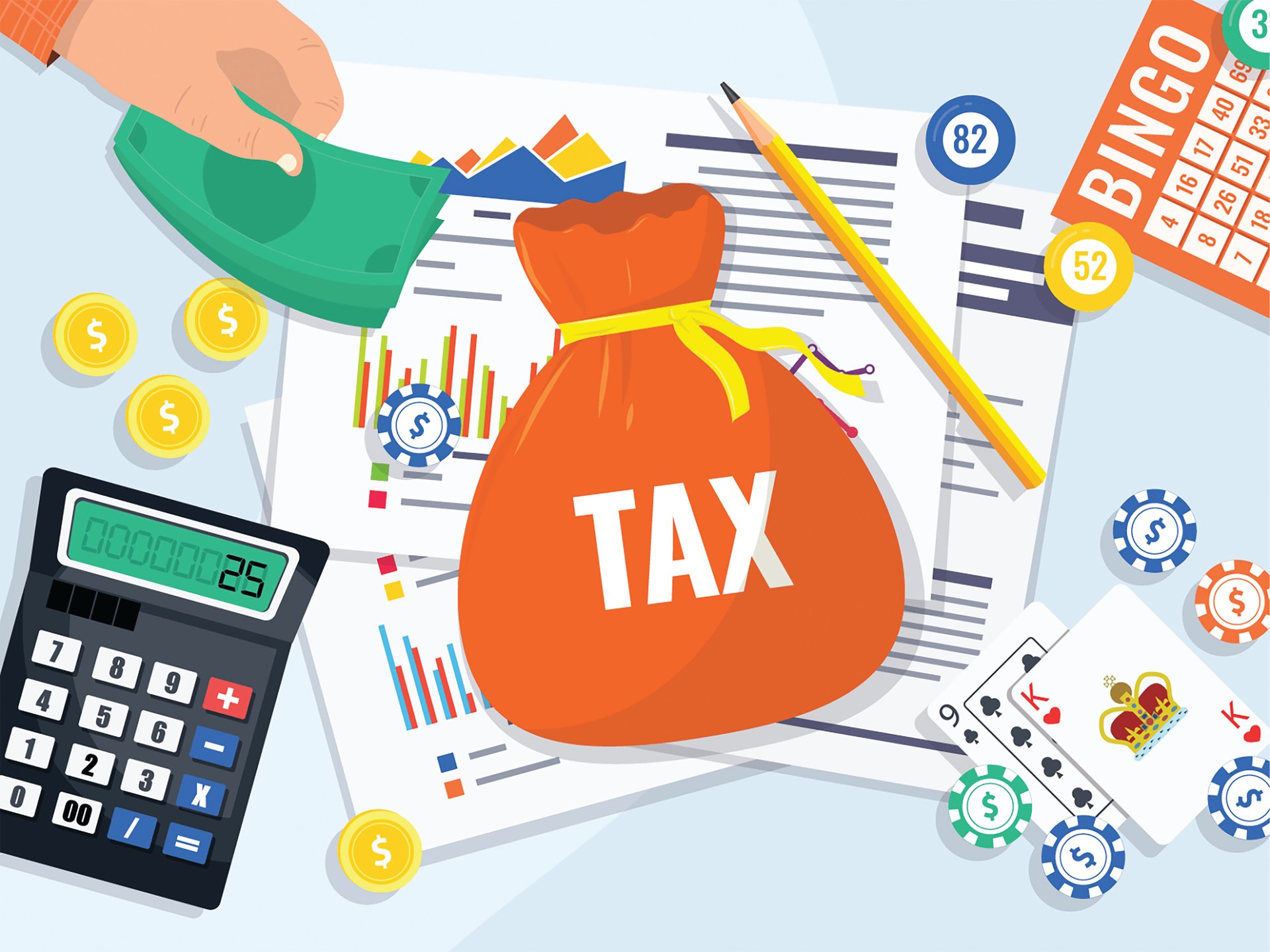
One of the goals of increasing the special consumption tax on alcohol and beer as proposed by the Drafting Agency is to limit consumption to protect people's health. (Photo: ST)
According to Ms. Thao, if the tax increase is too high, leading to a price increase above the expectations of consumers, it could lead to smuggled goods or non-standard production, which would greatly affect the health of consumers. Thus, the goal of protecting health when increasing taxes is at risk of not being achieved.
“To ensure a fair and transparent market, relevant agencies need to issue regulations and standards for that product to avoid counterfeit and poor quality goods. Only when regulations and standards are established and applied consistently can fair competition be created,” said Dr. Nguyen Minh Thao.
Citing survey results in localities, Ms. Chu Thi Van Anh said that for home-brewed wine products that are not registered with the management agency, the price of wine is only 40,000 VND/liter, while for home-brewed wine products that are registered with the management agency and use standard equipment to produce wine, the price increases to 45,000 VND/liter; most consumers tend to choose wine priced at 40,000 VND/liter.
Obviously, price has a big impact on consumer behavior. However, if taxes are increased, the cost of legitimate products will increase at a high level, pushing the gap with uncontrolled alcohol products even wider. This could create a more developed market for illegal alcohol, reduce the market for legitimate products, creating unfair competition, Ms. Van Anh worries.
Sharing the above opinions, Mr. Phan Duc Hieu said that the Drafting Agency needs to make a more comprehensive assessment, not just increasing taxes, increasing prices, helping to limit consumption to achieve the goal. That is not enough. In particular, we must consider the impact on other industries, because alcohol and beer are industries with a pervasive nature.
“We need to agree that taxing to limit consumption leads to limiting production, not stopping and closing production. Production may be reduced, but it must be within the scope of growth, not completely stopped or eliminated. In particular, in production, we need to take into account domestic production and imports. If we are not careful, this tax can disadvantage domestic production and give advantages to imported products. This is the wrong goal and should not be there,” Mr. Hieu emphasized.
Source: https://www.congluan.vn/danh-manh-thue-tieu-thu-dac-biet-doi-voi-bia-ruou-co-phai-la-giai-phap-tot-post310046.html


![[Photo] General Secretary To Lam visits exhibition of achievements in private economic development](https://vphoto.vietnam.vn/thumb/1200x675/vietnam/resource/IMAGE/2025/5/18/1809dc545f214a86911fe2d2d0fde2e8)

![[Photo] National conference to disseminate and implement Resolution No. 66-NQ/TW and Resolution No. 68-NQ/TW of the Politburo](https://vphoto.vietnam.vn/thumb/1200x675/vietnam/resource/IMAGE/2025/5/18/adf666b9303a4213998b395b05234b6a)



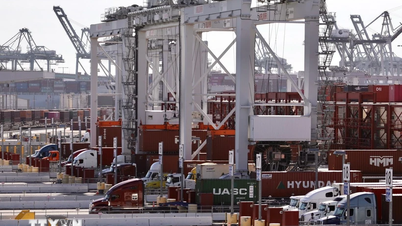

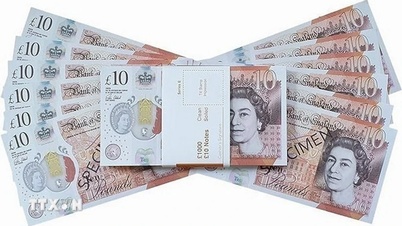


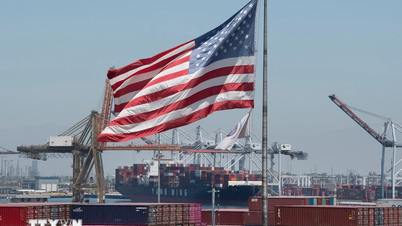




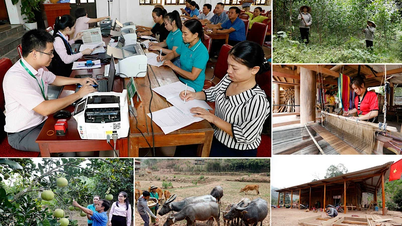














































































Comment (0)